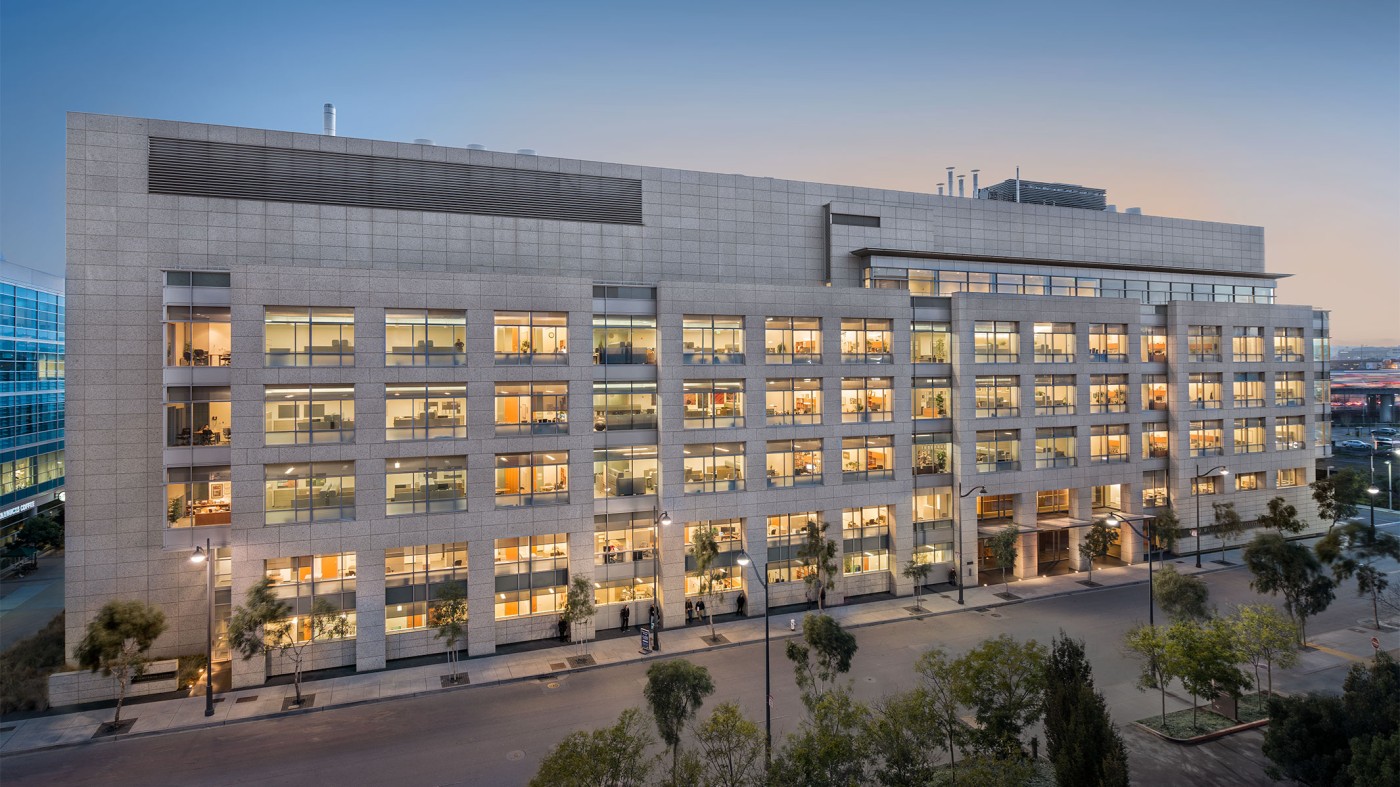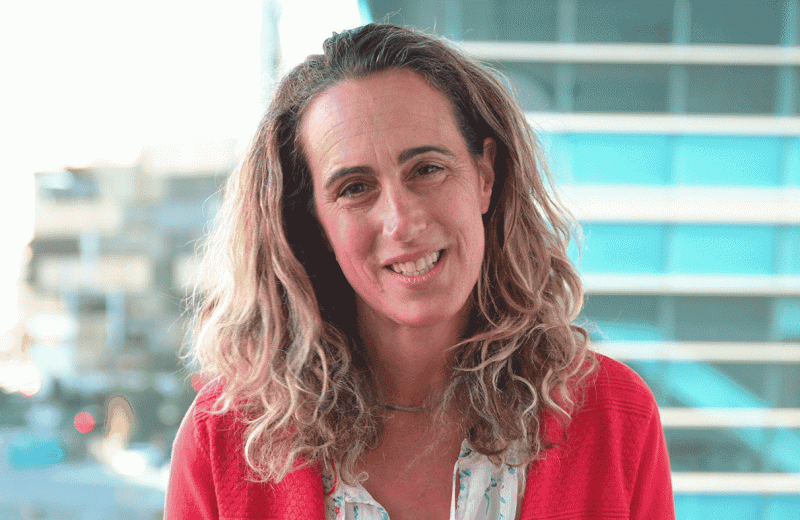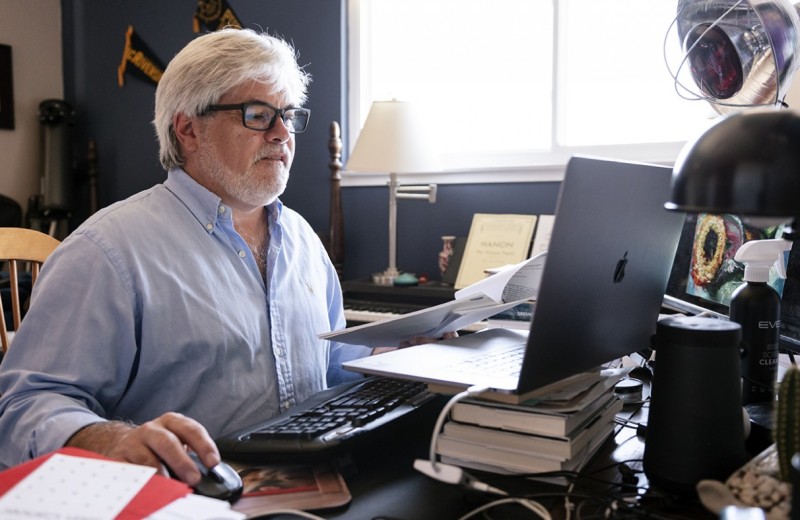Gladstone NOW: The Campaign Join Us on the Journey✕

SAN FRANCISCO, CA—Shinya Yamanaka, MD, PhD, a senior investigator at the Gladstone Institutes, next month will receive the Essey Award for his “Commitment to a Cure” from The ALS Association Golden West Chapter. This annual award represents the exceptional determination, spirit and dedication to the fight against amyotrophic lateral sclerosis (ALS), also known as Lou Gehrig’s disease.
This award, named after the Chapter’s co-founder Richard Essey and his wife Sheila, this year recognizes the far-reaching, human-health impact of Dr. Yamanaka’s Nobel Prize winning discovery of a way to transform adult skin cells into cells that act like embryonic stem cells. These induced pluripotent stem cells (or iPS cells) are so called because they can become any cell type in the body. Dr. Yamanaka’s iPS discovery, first completed with animal cells in 2006 and with human cells in 2007, has since altered the fields of cell biology and stem cell research—opening promising new prospects for drug discovery, personalized medicine and tissue regeneration.
“I am pleased that scientists around the world are using this technology to search for solutions for many diseases, including ALS,” said Dr. Yamanaka, who is also a professor of anatomy at the University of California, San Francisco, with which Gladstone is affiliated. “I am deeply honored that the Golden West Chapter is honoring my work in this way. Like them, I am optimistic that iPS cell technology will help find new solutions for those suffering from this devastating disease.”
ALS is a neurodegenerative illness that causes progressive paralysis—and eventually death—due to the loss of motor neurons in the spinal cord and brain, which normally control muscle movement. Approximately 5,000 new cases of ALS are diagnosed in the United States each year, and despite recent progress in understanding the disease’s underlying mechanisms, there is no known cure or treatment to halt or reverse the disease. Today, most people with ALS live only two to five years following diagnosis.
Approximately 30,000 people in the United States live with the disease at any given time, while the global population of ALS patients is approximately 400,000.
ALS is one of the many neurological diseases on which Gladstone focuses. Building on Dr. Yamanaka’s discoveries, Gladstone investigators who specialize in ALS have developed the first iPS-based, human neuron model of the disease, which they are now using both to evaluate potential pharmaceutical compounds to treat it, and to better understand how the disease progresses on a molecular level.
“New therapies for ALS are urgently needed—and our creation of human models using iPS cell technology will hopefully deepen our understanding of how the disease develops—and lead to relevant therapies for patients,” said Senior Investigator Steve Finkbeiner, MD, PhD, who leads ALS research at Gladstone.
“The ALS community is grateful to Dr. Yamanaka for his exceptional determination and dedication towards overcoming disease,” said Fred Fisher, President and CEO of The ALS Association Golden West Chapter. “His discovery of iPS cells will allow for the exploration of human diseases like never before. While there has been significant progress in research, people with ALS and their loved ones still have far more questions than answers. The groundbreaking work of scientists like Dr. Finkbeiner and Dr. Yamanaka inspire confidence that there will soon be greater advancements in understanding the causes of the disease, developing new treatments and ultimately finding a cure for ALS.”
Dr. Yamanaka, who did his postdoctoral training at Gladstone in the 1990s, also directs the Center for iPS Cell Research and Application (CiRA), and is a principal investigator at the Institute for Integrated Cell-Material Sciences (iCeMS)—both located at Japan’s Kyoto University. In 2007, he became a senior investigator at Gladstone, where he currently conducts his research at the Roddenberry Stem Cell Center.
This award comes on the heels of numerous other honors recognizing Dr. Yamanaka and the importance of his iPS discovery, including the 2012 Nobel Prize in Physiology or Medicine, the Breakthrough Prize in Life Sciences, the Millennium Technology Prize, the Albert Lasker Basic Medical Research Award, the Shaw Prize and the Kyoto Prize for Advanced Technology. In 2011, Dr. Yamanaka was elected to the National Academy of Sciences, garnering one of the highest honors available for U.S. scientists and engineers.
Dr. Finkbeiner will accept the Essey Award on behalf of Dr. Yamanaka at The ALS Association Golden West Chapter’s annual gala, to be held at the Four Seasons Hotel in San Francisco on April 26th.
Science in Seconds | The Thinking Microscope: Research Powered by an AI Brain
Science in Seconds | The Thinking Microscope: Research Powered by an AI Brain
In this video, Steve Finkbeiner and Jeremy Linsley showcase Gladstone’s groundbreaking “thinking microscope”—an AI-powered system that can design, conduct, and analyze experiments autonomously to uncover new insights into diseases like Alzheimer’s, Parkinson’s, and ALS.
Gladstone Experts ALS Alzheimer’s Disease Parkinson’s Disease Neurological Disease Finkbeiner Lab AI Big DataMeet Gladstone: Julia Kaye
Meet Gladstone: Julia Kaye
Julia Kaye is a neuroscientist at Gladstone Institutes dedicated to unraveling the mysteries of neurodegenerative diseases. Outside the lab, Kaye enjoys skateboarding, surfing, and exploring nature with her family.
Profile ALS Huntington’s Disease Multiple Sclerosis Neurological Disease KayeWorld’s Largest Public ALS Data Portal Launched
World’s Largest Public ALS Data Portal Launched
Steve Finkbeiner is leading key components of this unprecedented resource to boost ALS research.
Gladstone Experts ALS Center for Systems and Therapeutics Finkbeiner Lab AI Robotic Microscopy Stem Cells/iPSCs



